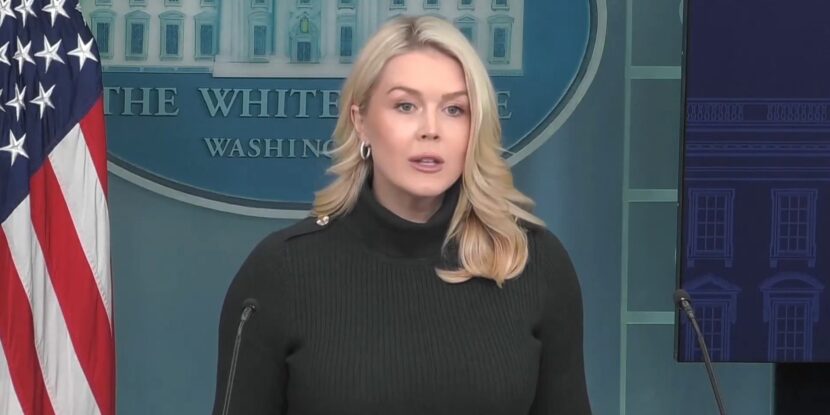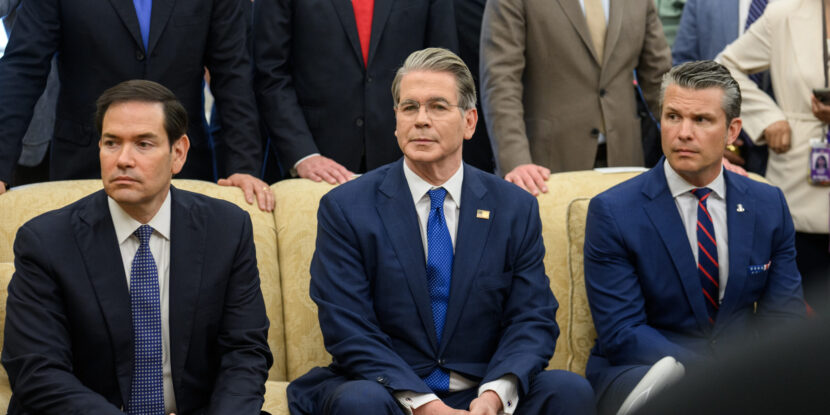PULSE POINTS:
❓What Happened: The United States House of Representatives voted to concur with changes made by the Senate to a budget bill that will extend President Donald J. Trump’s 2017 tax cuts. This comes on the heels of the White House’s Council of Economic Advisers (CEA) releasing a report indicating that extending the Trump Tax Cuts could benefit Americans after prolonged economic difficulties.
👥 Who’s Involved: President Donald J. Trump; Council of Economic Advisers; U.S. Congress.
📍 Where & When: United States; April 10.
💬 Key Quote: President Trump urges Congress to “pass the one, big, beautiful bill” to enact both an extension of the tax cuts and his budget priorities.
⚠️ Impact: Extending the tax cuts could raise real wages by up to $3,300 per year, increase take-home pay for median-income households by up to $5,000 annually, and spur GDP growth. Failure to extend could have resulted in the largest tax hike in U.S. history, potentially harming job numbers and investments in distressed areas.
IN FULL:
The House of Representatives has passed a revised budget framework—concurring with changes made by the Senate—that will extend tax cuts enacted by President Donald J. Trump in 2017, avoiding a massive tax increase on most Americans at the end of the year. With House members voting almost entirely along partisan lines—Rep. Thomas Massie (R-KY) was among just two Republican dissenters in the 216-214 vote—the budget framework was narrowly adopted. Democrats in the House, however, have said they will continue to oppose the budget measure, with Rep. Steve Horsford (D-NV) going so far as to claim extending the tax cuts will “screw America.”
“The Speaker is rushing to the floor to pass a budget reconciliation, to screw America by passing the biggest tax cut in history,” the Nevada Democrat shouted during a Congressional hearing with U.S. Trade Representative Jamieson Greer on Wednesday. He continued: “W.T.F! Who is in charge?!”
Despite the Democrats’ claims, most economic analyses show that extending the 2017 cuts would benefit the economy. Conversely, letting Trump’s tax cuts expire could have had severely negative implications for American workers and investors.
A new report from the White House Council of Economic Advisors (CEA) breaks down the advantages of extending the 2017 tax cuts. Among the projections are significant increases in real wages by up to $3,300 annually and enhancements in take-home pay for median-income households, potentially rising by $5,000 each year.
The analysis further anticipates a short-term GDP boost between 3.3 percent and 3.8 percent, with long-term projections showing growth from 2.6 percent to 3.2 percent.
Notably, the CEA report suggested that unless the cuts were extended, the U.S. could lose 4.1 million jobs. Meanwhile, renewing the tax cut provisions could bring an estimated $100 billion in investment into American communities that have suffered economically.




















